- 206 Posts
- 10 Comments

 61·8 months ago
61·8 months agoGIMP is a special case. GIMP is being getting outdeveloped by Krita these days. E.g.:
https://gitlab.gnome.org/GNOME/gimp/-/issues/9284
Or compare with:
https://www.phoronix.com/news/Krita-2024-GPUs-AI
GIMP had its share of self inflicted wounds starting with a toxic mailing list that drove away people from professional VFX and surrounding FilmGimp/CinePaint. When the GIMP people subsequently took over the GEGL development from Rhythm & Hues, it took literally 15 years until it barely worked.
Now we are past the era of simple GPU processing into diffusion models/“generative AI” and GIMP is barely keeping up with simple GPU processing (like resizing, see above).
From my own statistics how many I feel worthy posting/linking on Lemmy, the most direct alternative to Kotaku is Eurogamer. PCGamer, PCGamesN and Rock Paper Shotgun are occasionally OK, but you have to cut through a lot of spam and clickbait (i.e. exactly this “50 guides per week” type of corporate guidance). Not sure if this is also the state that Kotaku will end up in. The Verge sometimes also have good articles, but the flood of gadget consumerism articles there is obnoxious.

 1·8 months ago
1·8 months agoThe PS Vita side of Sony customer has gotten a deep taste of Sony’s issues of catering everything to a singular console. And same with PSVR2: Of course it must be PS5 exclusive, because everything are adornments towards their shiny console — and went on to not sell a lot of PS5.

 101·8 months ago
101·8 months agoThere is pre-existing context and criticism. And it is not about, or just being the perception of “this journalist”:
https://www.theverge.com/23992402/geoff-keighley-the-game-awards-layoffs
https://videogames.si.com/features/games-industry-deserves-better-than-geoff-keighley
https://www.inverse.com/gaming/the-game-awards-2023-needs-to-acknowledge-industrys-lay-offs-problem
https://dotesports.com/the-game-awards/news/the-game-awards-layoffs-developers-no-respect
The problems also goes beyond just the layoffs, but his overt coziness and preferential treatment of large studios, over even the ones that actually won the award he is presiding over, and are supposed to be celebrated:
https://insider-gaming.com/geoff-keighley-shows-cowardice-at-the-game-awards/
https://www.eurogamer.net/the-game-awards-speeches-were-too-short-geoff-keighley-admits
Germany traditionally is quite shocking in their practice of segregating children with disabilities into special Förderschulen. Whereas the U.S. has the Individual’s with Disabilities Education Act since the 1970s, Germany was basically forced into integration recently after the country signed the U.N. Convention on the Rights of Persons with Disabilities in 2009. And even then, they are taking their sweet time to integrate. See e.g. https://www.aktion-mensch.de/inklusion/bildung/hintergrund/zahlen-daten-und-fakten/inklusionsquoten-in-deutschland as how currently, slightly less than half of German students with disabilities go to a regular school (the Inklusionsanteil).
See: https://en.wikipedia.org/wiki/English-language_spelling_reform
English has been the total outlier among (originally) European language with no body of authority over its spelling. Even the “reform” by Noah Webster never really caught on outside North America, nearly 100 years later. And even more curious, the somewhat authoritative Oxford English Dictionary disagrees in their spelling with everybody (https://en.wikipedia.org/wiki/Oxford_spelling).
Nearly every single word in English that starts with a g followed by a soft ih/eh vowel is pronounced as a soft g, just a few:
That is patently not true and blatant cherry picking, e.g. already contradicted by the lexically matching word “gift” (and there are “giggle”, “gild”, “girl”, “git”, “give”, “gizmo”, etc.). See Wikipedia, which referenced linguists studying this:
An analysis of 269 words by linguist Michael Dow found near-tied results on whether a hard or soft g was more appropriate based on other English words; the results varied somewhat depending on what parameters were used.[11] Of the 105 words that contained gi somewhere in the word, 68 used the soft g while only 37 employed its counterpart. However, the hard g words were found to be significantly more common in everyday English; […]
https://en.wikipedia.org/wiki/Pronunciation_of_GIF#Cause
Michael Dow is an associate professor in linguistics with specialization in phonology, by the way.
and if you’re confused why others pronounce it with a soft G, they would seem to be simply more familiar with the English language 🤷♂️
Well, clearly you are already not as “familiar with the English language” as you might think.
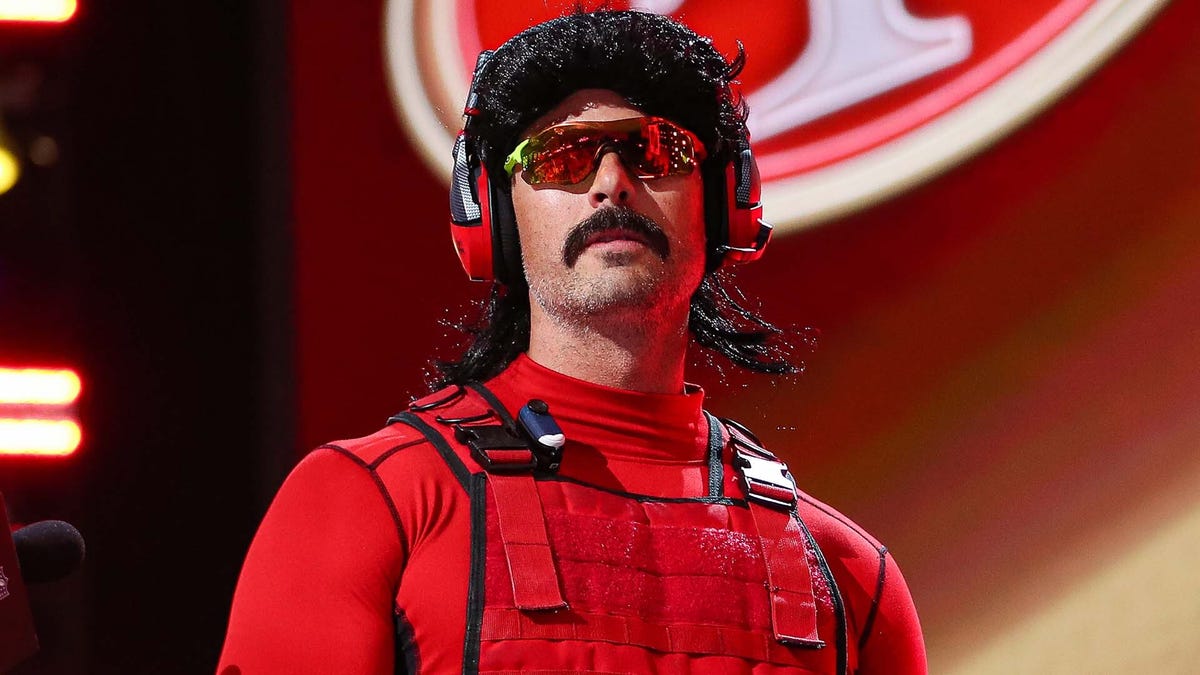


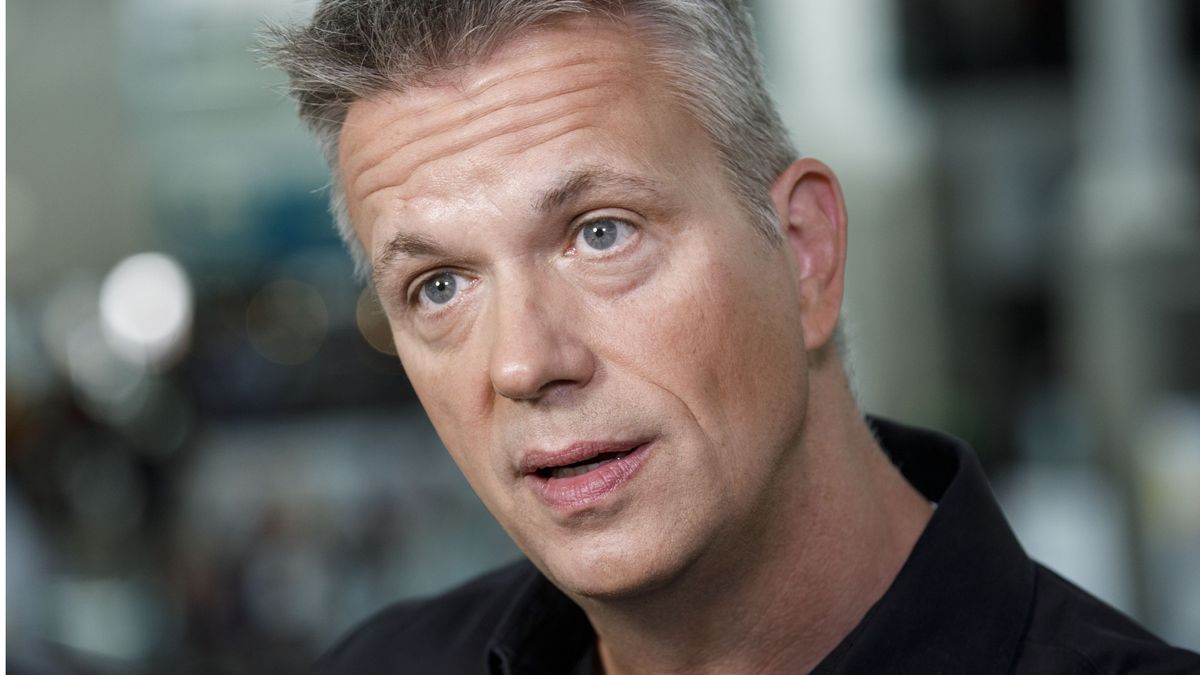





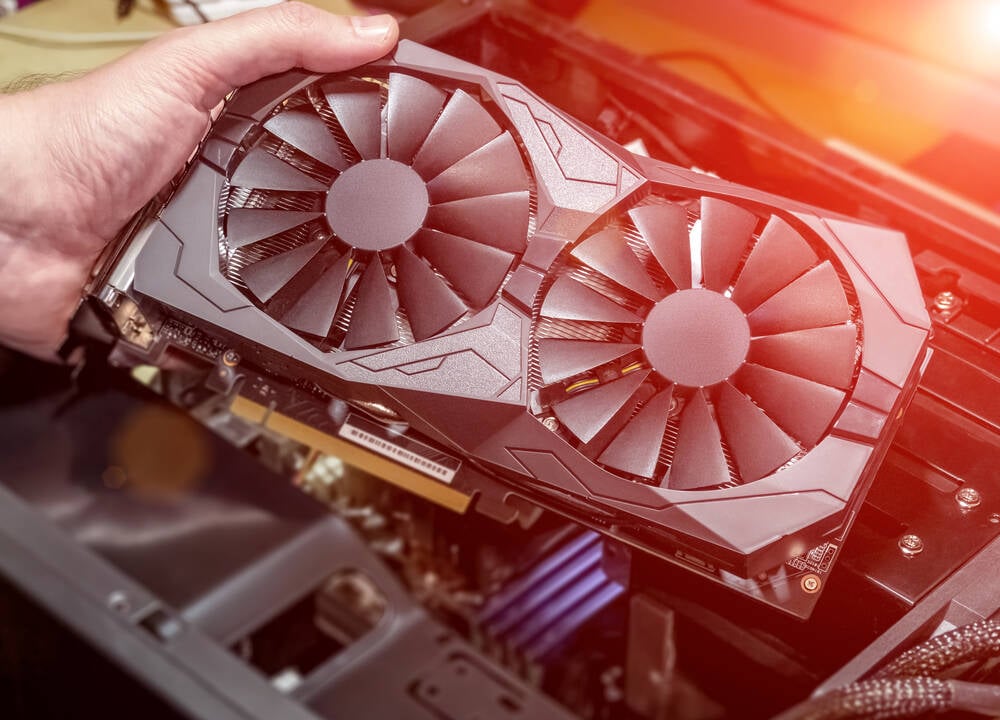

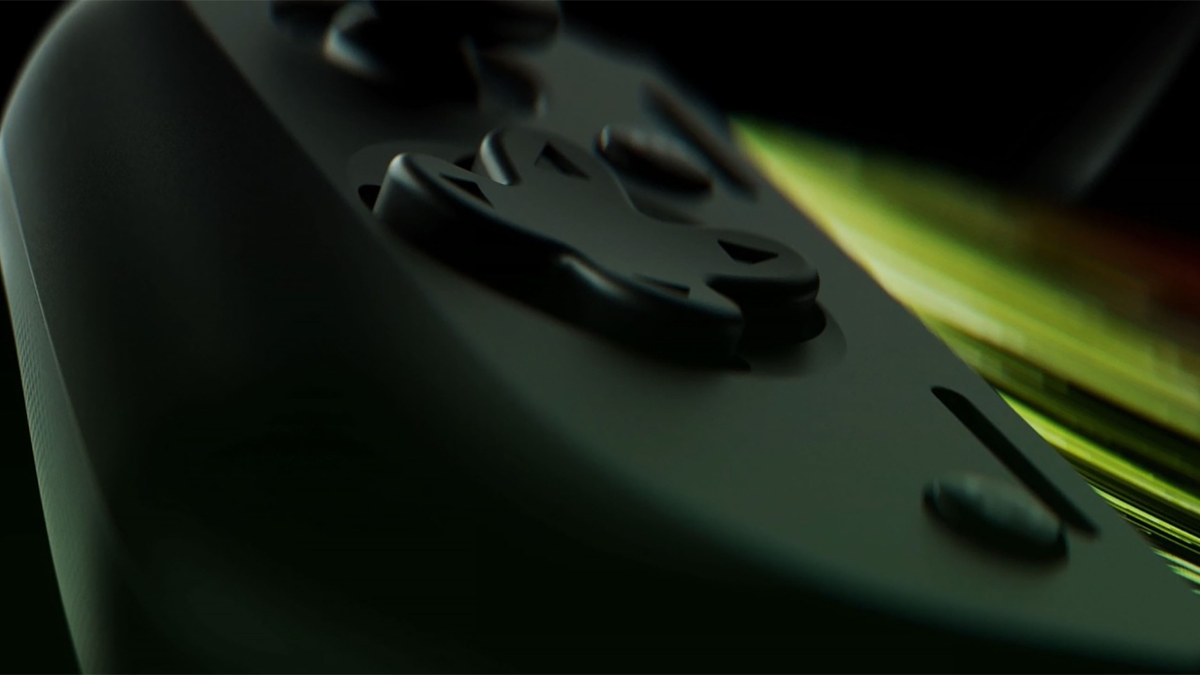

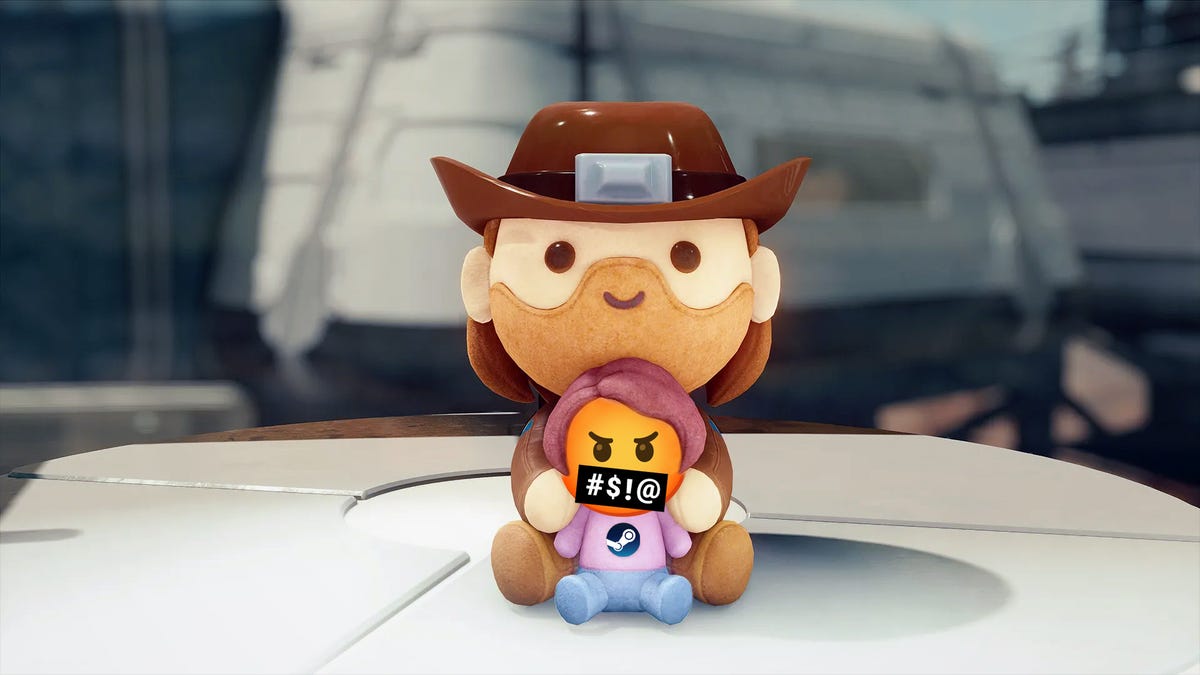






There has been: